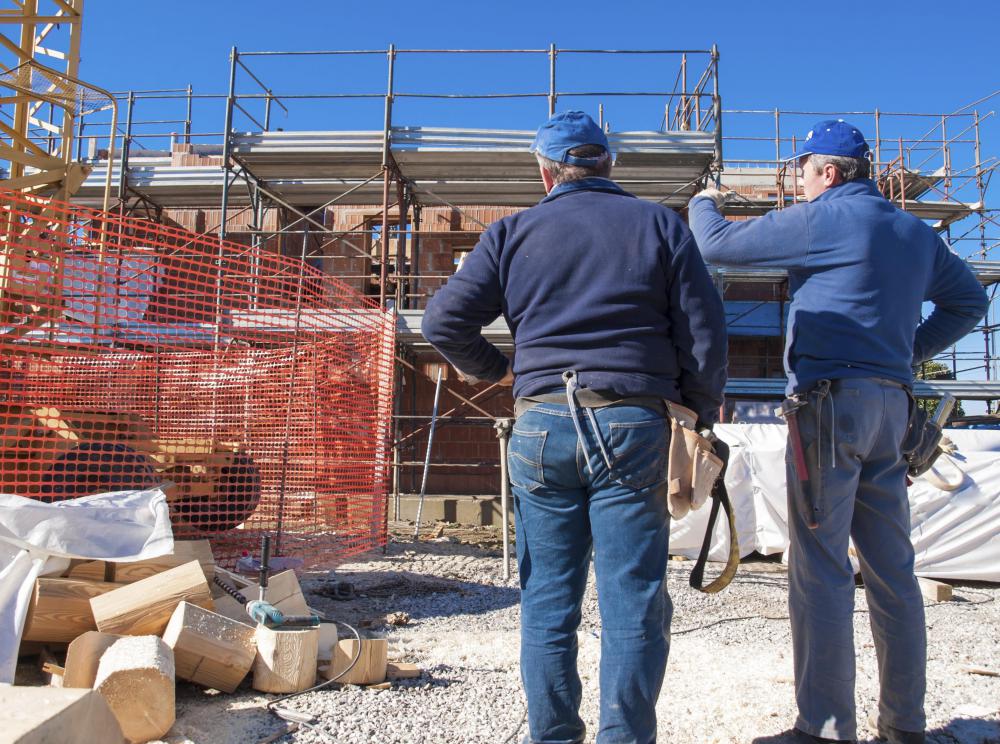At WiseGEEK, we're committed to delivering accurate, trustworthy information. Our expert-authored content is rigorously fact-checked and sourced from credible authorities. Discover how we uphold the highest standards in providing you with reliable knowledge.
What Is a Construction Lien Waiver?
Pursuant to the laws within many jurisdictions in the United States, anyone who provides materials, labor, or supplies to a construction project and does not receive payment may have the right to file a lien against the property. As a result, many homeowners or developers will require anyone involved in the construction project to sign a construction lien waiver when payment has been made. The legal effect of a construction lien waiver is to preclude the person who signs the waiver from filing for a lien against the property at a later date.
Many construction projects are undertaken without full payment being made upfront. In addition, there are often many people involved in a construction project from the suppliers of materials to the general contractor and the sub-contractors that actually provide the labor. In many cases, the general contractor is responsible for paying the sub-contractors or the suppliers. Unfortunately, in some cases, the sub-contractors or suppliers never receive payment. Occasionally, the general contractor doesn't receive full payment either from the owner of the property.

The law in most jurisdictions has addressed this issue by allowing a lien to be placed against the property. The precise rules for who may file for a lien and under what circumstances will vary, but the concept is the same in most jurisdictions. Clearly, a homeowner or other property owner who has paid according to the terms of the contract made with the general contractor or anyone else who furnished services, supplies, or labor wants to be assured that a lien will not be filed down the road despite payment being made in full.

A property owner or homeowner who makes payment to anyone who has completed construction work on the property often has the person who receives the payment sign a construction lien waiver. The construction lien waiver will generally specify what work was completed, the date of completion, and the amount and date of payment for the work done. The important part of a construction lien waiver form for the homeowner or property owner is that the form will also state implicitly that the person signing the form, or potential claimant, gives up all rights to file a lien against the property now or in the future.
In some cases, a partial construction lien waiver form is used. This is done in cases where partial payments are made to the contractor while construction is ongoing. A partial lien waiver will be similar to a full waiver except it will state exactly what work has been completed to date and the amount of payment that was tendered for the work completed as of the date of signing.
AS FEATURED ON:
AS FEATURED ON:












Discuss this Article
Post your comments